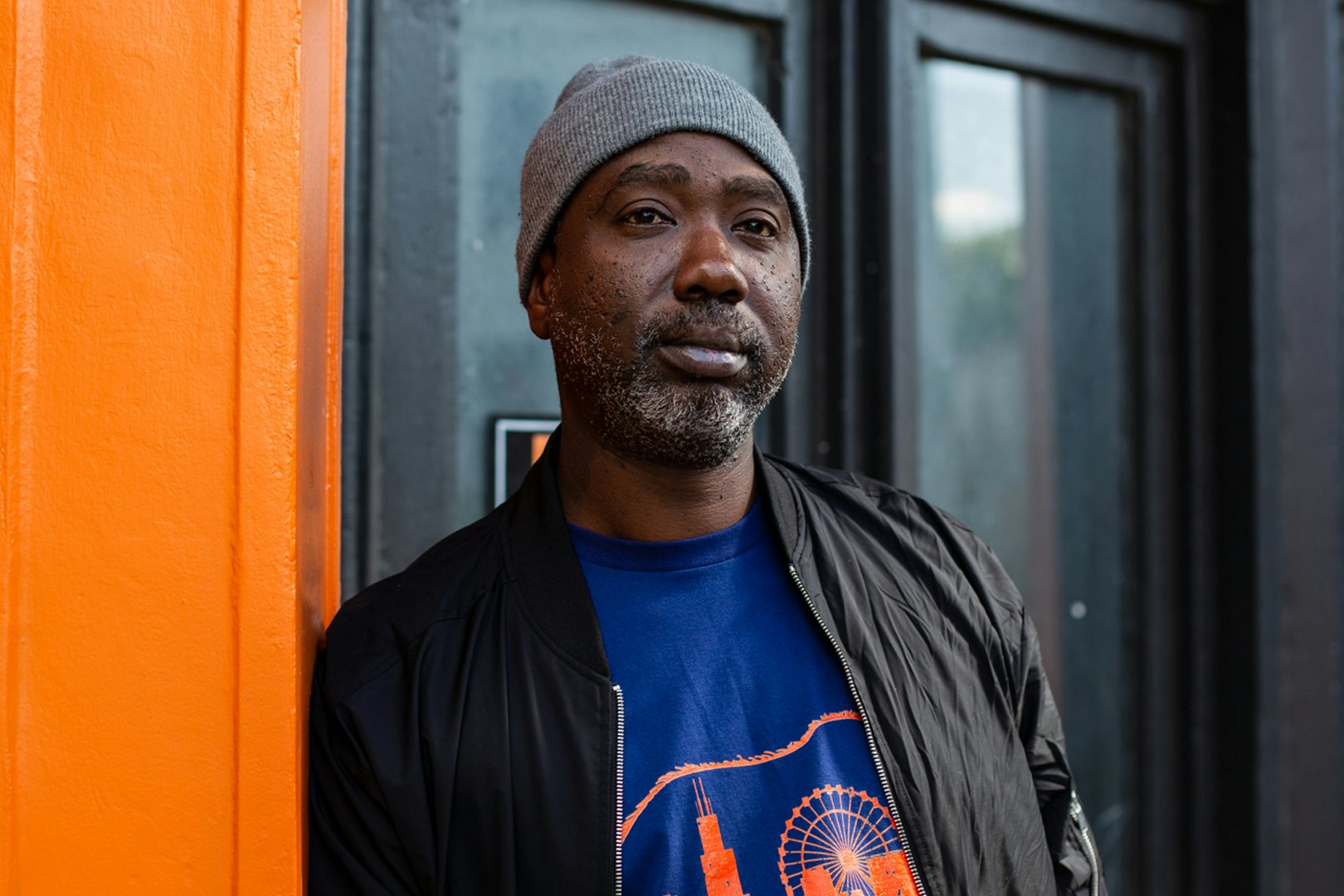20 Books We Have Read This Year
Whether you are an avid reader or someone resolved to become an avid reader, you may be in need of inspiration for that next book. Let Access Ventures help by sharing some of our favorite reads from this past year.
Our organization places a great emphasis on learning and development, for which books are a critical component. Over the life of Access Ventures, we have established a library with a wide-ranging catalog of topics. Below are a just a few to get you started:
Bryce Butler | Managing Director
Dopesick (Beth Macy) – The opioid epidemic our nation finds itself in has been boiling since the mid-1990’s with the introduction of Oxycontin as a “safe” and “addiction-resistant” painkiller. Beth Macy parses how America so easily embraced a medical culture where over-treatment (and over-prescription) became the norm. The exploration into the history of this time in American history in very economically distressed communities gives us a picture of the grim state of rural America struggling to regain their footing.
Change By Design (Tim Brown) – Tim Brown introduces the idea of design thinking with this book. Design thinking is the collaborative process by which the designer′s sensibilities and methods are employed to match people′s needs – not just with what is technically feasible but within a viable business strategy. Much like the other great resource in this space, Creative Confidence, Tim provides great insights for how corporations and organizations can work to implement this within their businesses.
The Color of Law (Richard Rothstein) – Richard Rothstein, a leading authority on housing policy, explodes the myth that America’s cities came to be racially divided through individual prejudices, income differences, or the actions of private institutions like banks and real estate agencies. Rather, The Color of Law makes clear that it was laws and policies passed by local, state and federal agencies and governments that promoted discrimination over the past 100+ years. These also were widespread across the country and not relegated to what many think was a “southern” culture of discrimination and segregation.
TJ Abood | Partner, Investments
The Bitcoin Whitepaper (Satoshi Nakamoto) – This nine-page document was published 10 years ago on an obscure corner of the web. The paper outlines the fundamental operation of a decentralized blockchain system and how it creates a peer-to-peer electronic cash system. The Bitcoin Whitepaper is the foundation for billions of investment and applications that can change the world.
The Black Swan (Nassim Taleb) – A black swan is an event, positive or negative, that is deemed improbable yet causes massive consequences. In this groundbreaking and prophetic book, Taleb shows in a playful way that Black Swan events explain almost everything about our world, and yet we—especially the experts—are blind to them. In this second edition, Taleb has added a new essay, On Robustness and Fragility, which offers tools to navigate and exploit a Black Swan world
1984 (George Orwell) – In 1984, London is a grim city in the totalitarian state of Oceania where Big Brother is always watching you and the Thought Police can practically read your mind. Winston Smith is a man in grave danger for the simple reason that his memory still functions. Drawn into a forbidden love affair, Winston finds the courage to join a secret revolutionary organization called The Brotherhood, dedicated to the destruction of the Party. Together with his beloved Julia, he hazards his life in a deadly match against the powers that be.
Ben Terry | Partner, Creative
The Short & Tragic Life of Robert Peace (Jeff Hobbs) – When author Jeff Hobbs arrived at Yale University, he became fast friends with the man who would be his college roommate for four years, Robert Peace. Robert’s life was rough from the beginning in the crime-ridden streets of Newark in the 1980s, with his father in jail and his mother earning less than $15,000 a year. But Robert was a brilliant student, and it was supposed to get easier when he was accepted to Yale, where he studied molecular biochemistry and biophysics. But it didn’t get easier. Robert carried with him the difficult dual nature of his existence, trying to fit in at Yale, and at home on breaks.
Invisible Man (Ralph Ellison) – The first novel by an unknown writer, it remained on the bestseller list for sixteen weeks, won the National Book Award for fiction, and established Ralph Ellison as one of the key writers of the century. The nameless narrator of the novel describes growing up in a black community in the South, attending a Negro college from which he is expelled, moving to New York and becoming the chief spokesman of the Harlem branch of “the Brotherhood”, and retreating amid violence and confusion to the basement lair of the Invisible Man he imagines himself to be. The book is a passionate and witty tour de force of style, strongly influenced by T.S. Eliot’s The Waste Land, Joyce, and Dostoevsky.
The Art of Gathering (Priya Parker) – In The Art of Gathering, Priya Parker argues that the gatherings in our lives are lackluster and unproductive–which they don’t have to be. We rely too much on routine and the conventions of gatherings when we should focus on distinctiveness and the people involved. At a time when coming together is more important than ever, Parker sets forth a human-centered approach to gathering that will help everyone create meaningful, memorable experiences, large and small, for work and for play.
David Taliaferro | Principal, Programs
Brief: Make a Bigger Impact by Saying Less (Joseph McCormack) – Joe McCormack tackles the challenges of inattention, interruptions, and impatience that every professional faces. His amazing B.R.I.E.F. approach (which stands for Background, Relevance, Information, Ending, and Follow up) helps simplify and clarify, complex communication.
The Financial Diaries (Jonathan Morduch and Rachel Schneider) – In The Financial Diaries, Jonathan Morduch and Rachel Schneider draw on the groundbreaking U.S. Financial Diaries, which follow the lives of 235 low- and middle-income families as they navigate through a year. Through the Diaries, Morduch and Schneider challenge popular assumptions about how Americans earn, spend, borrow, and save―and they identify the true causes of distress and inequality for many working Americans.
Mallory Sanborn | Associate, Programs
Tweak (Nic Sheff) – In a voice that is raw and honest, Nic Sheff spares no detail in telling us the compelling, heartbreaking, and true story of his relapse and the road to recovery. As we watch Nic plunge into the mental and physical depths of drug addiction, he paints a picture for us of a person at odds with his past, with his family, with his substances, and with himself. It’s a harrowing portrait—but not one without hope.
Tell Them Who I Am (Elliot Liebow) – Elliot Liebow immerses himself into the lives of women living in the homeless shelters in Washington D.C. in the 90s. While the statistics of homelessness have changed since then, the message of this book is universal. People are people are people. It causes the reader to challenge their preconceived notions of homeless individuals. This book allows homelessness to be tangible and relatable to someone who has no personal experience with it.
Moses Icyishaka | Principal, Investments
Things Fall Apart (Chinua Achebe) – I first read this book as a middle-schooler vaguely grasping at the significance of a novel that was written by an African, and which dealt with a tribe navigating the transition from “pre-colonial” to “colonial.” This time, with another decade of life under my belt, what struck me most was (the protagonist) Okonkwo’s quest for love and respect in a world he struggles to comprehend — the timeless story of all of us.
The Name Of The Wind (Patrick Rothfuss) – The Name of the Wind is the first in a three part epic about a young alchemist that would grow into his legend. I haven’t been as spellbound by a new world since I ventured into Tolkien’s Middle Earth. Highly recommend for anyone interested in interplanetary travel.
The Crypto Cannon (Sonal Chokshi, Chris Dixon, Denis Nazarov, Jesse Walden, and Ali Yahya) – Blockchain technology is reimagining the ways in which our digital economy can function. It is also notoriously difficult to describe and comprehend. The team at Andreessen Horowitz has done a commendable work of compiling a collection of essential short and long-form resources. A catalogue that includes Medium posts, whitepapers, YouTube videos, and tweet storms, the Crypto Canon is a great resource to consult whether you are curious about the basics of the technology, or seeking resources that cover more esoteric crypto technicalities.
Tim Harris | Principal, Creative
Building A Story Brand (Donald Miller) – New York Times bestselling author Donald Miller uses the seven universal elements of powerful stories to teach readers how to dramatically improve how they connect with customers and grow their businesses.
Start With Why (Simon Sinek) – Start With Why shows that the leaders who’ve had the greatest influence in the world all think, act, and communicate the same way — and it’s the opposite of what everyone else does. Sinek calls this powerful idea The Golden Circle, and it provides a framework upon which organizations can be built, movements can be led, and people can be inspired. And it all starts with why.
Derek Henricks | Principal, Operations
Creative Confidence (David Kelley and Tom Kelley) – Too often, companies and individuals assume that creativity and innovation are the domain of the “creative types.” But two of the leading experts in innovation, design, and creativity on the planet show us that each and every one of us is creative.
The Power Of Habit (Charles Duhigg) – In The Power of Habit, award-winning business reporter Charles Duhigg takes us to the thrilling edge of scientific discoveries that explain why habits exist and how they can be changed. Distilling vast amounts of information into engrossing narratives that take us from the boardrooms of Procter & Gamble to the sidelines of the NFL to the front lines of the civil rights movement, Duhigg presents a whole new understanding of human nature and its potential.
Read about other books we recommend here and read our own writing on our blog.



